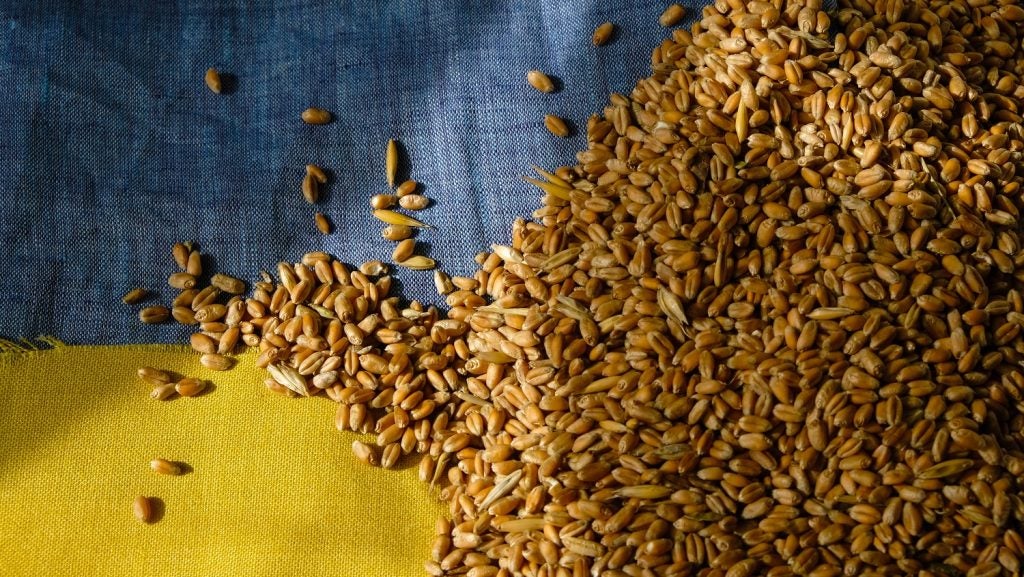In the face of angry protests from farmers about cheap imports, the EU has agreed to limit the import of grains from Ukraine.
The bloc will grant Ukrainian food producers tariff-free access to EU markets until June 2025, a concession prompted by Russia’s invasion of that country in 2022.
However, the European Parliament has extended an "emergency brake" for poultry, eggs and sugar to grain. This would lead to tariffs if imports exceed the average levels of 2022 and 2023.
However, the agreement, reached in the early hours of today (20 March), has received a lukewarm response from Copa-Cocega, an organisation representing 22 million farmers in the EU.
In a social media post, it said: “Without the change in the reference year and no direct inclusion of wheat, this proposal fails to address producers’ concerns and hence remains unacceptable.”
Meanwhile, France’s Minister of Agriculture Marc Fesneau told French television “for us, the agreement is not yet as we wanted it to be”.
Fesneau argued that import caps should be based on the 2021-2023 average and agreed with Copa-Cogeca that more cereals should have been included, notably wheat.
The EU announced plans to curb exports from Ukraine back in January amid protests from farmers across the bloc. Since then, those protests have become more intense.
Now, negotiators for the European Parliament and the Belgian EU presidency have agreed to add oats, maize, groats and honey to the list of produce that could face tariffs and said the European Commission would act within 14 days, instead of an initially envisaged 21 days, if trigger levels were reached.
In a statement, the European Parliament said: “The Commission can take swift action and impose any measures it deems necessary should there be significant disruption to the EU market or the markets of one or more EU countries due to Ukrainian imports.”
The Parliament said it had “attained firm commitments from the Commission to take action if there is a surge of Ukrainian imports of wheat”.
Ukrainian Prime Minister Denys Shmyhal welcomed the interim deal as "good news".
Sandra Kalniete, a Member of the European Parliament and a substitute member of the EC’s Committee on Agriculture and Rural Development, said: “Russia's targeting of Ukraine and its food production also impacts EU farmers. The Parliament heard their concerns and bolstered safeguard measures that would alleviate the pressure on EU farmers should they be overwhelmed by a sudden surge in Ukrainian imports."
EU members Bulgaria, Hungary, Poland, Romania and Slovakia have all, to a lesser or greater degree, complained that cheaper imports of agri-food products from neighbouring Ukraine have had a negative impact on domestic farmers.









